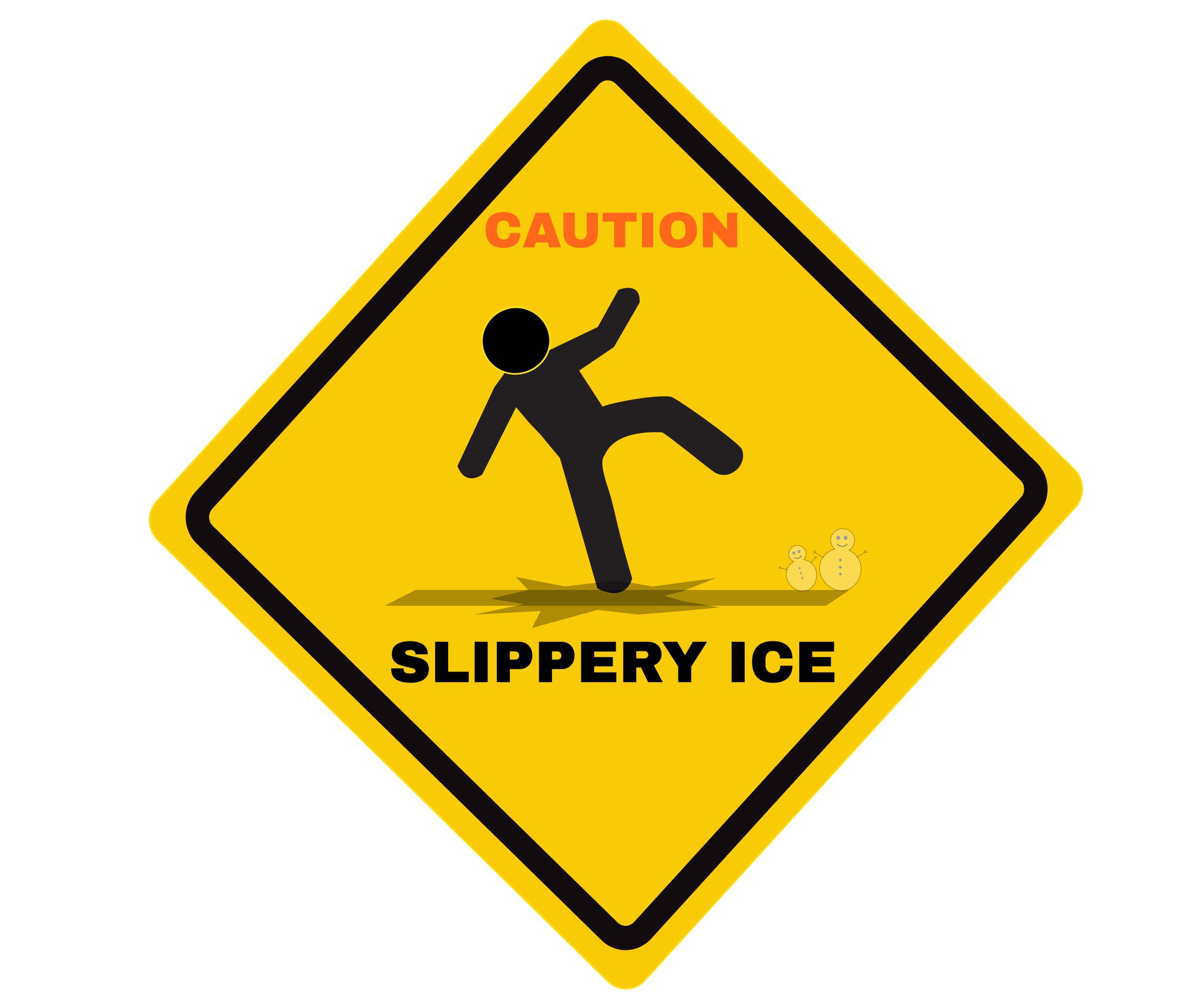The loss of a close family member is painful and difficult under normal circumstances. Still, when their death comes suddenly as the result of a preventable accident caused by someone else, the heartbreak and devastation can feel even worse. Thankfully, people who have lost their loved ones due to the actions or negligence of another party can take action to seek compensation for their loss by filing a wrongful death suit.
Among things to consider when filing a wrongful death suit is the statute of limitations. This legal time limit imposed on filing a claim is an essential factor and a stark reminder that avoiding hesitation and taking swift action is in your best interest. Failure to take action promptly can put your claim at risk and leave you in a position that can jeopardize your claim and forfeit your opportunity to seek a resolution.
If you have lost a close family member and are considering filing a wrongful death suit, you should speak with an experienced wrongful death lawyer as soon as possible to get the process started. Your attorney can advise you on appropriate steps to get your wrongful death suit filed promptly so that you and your family can maximize your chances of reaching the result you deserve.
Wrongful Death Defined
In basic terms, wrongful death is a legal concept that can be employed when an incident resulting from another party’s actions or negligence causes a person’s death. A wrongful death claim is a civil case that seeks compensatory damages from the party the claimant alleges to be responsible for the decedent’s death. If the suit is successful, the compensation awarded can be used by the deceased person’s surviving family members to cover funeral costs and other expenses.
The specifics of wrongful death laws vary by jurisdiction, making it important to understand the laws where you live, including the applicable statute of limitations on filing wrongful death lawsuits in your state.
The Importance of Understanding Statutes of Limitations
A statute of limitations on any type of legal action is to establish a legally acceptable timeframe to initiate a lawsuit. Specifically regarding wrongful death claims, the statute of limitations delineates a time limit for filing a lawsuit. Awareness of the statute of limitations for wrongful death in your jurisdiction is crucial when considering filing such a claim.
Understanding Wrongful Death

Legal concepts are often complicated, but having a basic understanding of wrongful death and how it is defined and viewed from a legal standpoint is essential, particularly given the severe nature of such a case.
Wrongful death is not a situation with legal consequences but, at its root, a very personal tragedy that has a permanent impact on the decedent’s surviving family members. Holding the responsible party accountable for the actions or negligence that caused the fatal accident is the legal recourse through which these mourning family members can seek justice and financial compensation for the suffering they have endured.
Common Causes of Wrongful Death Suits
A wrongful death suit can originate in a wide range of incidents, with some being more common than others. Some of the more common causes of wrongful death claims include:
- Traffic Accidents
- Defective Products
- Workplace Accidents
- Pharmaceutical Negligence
- Nursing Home Abuse & Neglect
Though the list above is far from exhaustive, many of the wrongful death claims filed can fall into one of the categories listed. By consulting with a lawyer with experience in handling wrongful death suits, you can learn more about how wrongful death laws apply to your unique circumstances.
What is a Statute of Limitations?
As explained above, a statute of limitations exists to establish a time limit for filing a lawsuit. Though the intricacies of statutes of limitations are often complex, having a basic knowledge of the concept and how it applies to your situation is valuable when considering filing a wrongful death suit.
The fact that statutes of limitations vary from one jurisdiction to another and the potential factors that can affect these statutes are vital information. Though your lawyer can offer more detailed insight, these aspects of statutes of limitations described below can help lay a helpful foundation.
Variables in Timelines by Jurisdiction
The fact that statutes of limitations vary from one jurisdiction to another emphasizes the importance of not just filing promptly but also being fully aware of the statute of limitations applicable in your area. There is simply no “one size fits all” approach to filing a wrongful death suit, so hiring a personal injury lawyer will give you a more comprehensive understanding of how to proceed.
Getting legal assistance tailored to your specific needs is always the best strategy. An experienced wrongful death attorney will know all the critical aspects of the laws of your jurisdiction and lead you in the right direction. One thing is for sure, however. Failure to take action before the deadline applied by the statute of limitations (whatever it may be in your jurisdiction) will eliminate your opportunity to seek compensation for your loved one’s death. Again, this only underscores the necessity of working with a knowledgeable attorney with experience and insight into wrongful death cases.
Factors Influencing Statutes of Limitations
Several factors can have a bearing on how statutes of limitations are determined in different jurisdictions, including:
- Definition of Discovery Rules — A “discovery rule” is a legal concept that delays the start of a statute of limitations until the plaintiff discovers the harm or injury they have suffered. This process may come at a later date than the incident itself. In wrongful death suits, this can apply in cases in which death did not occur immediately, including medical conditions or hidden injuries that eventually lead to death.
- Minority Tolling — The concept of “minority tolling” involves plaintiffs who were minors at the time of the incident. Some jurisdictions may account for this unique challenge by allowing plaintiffs to reach maturity before requiring them to file a wrongful death suit.
- Mental Incapacity — If a plaintiff (in the case of a wrongful death suit, a close relative) is mentally incapacitated or ruled legally incompetent, there may be rules in place that require discussion or consideration to allow another representative to file a claim on their behalf or allow for medical or psychological assessments.
Though some of the scenarios above may imply there are exceptions regarding statutes of limitations, this should not lead you to believe you should not act quickly. Consult with your attorney to learn more.
Consequences of Delaying Legal Action
As mentioned above, failure to take the appropriate steps to file your wrongful death suit within the boundary of the statute of limitations applicable in your area can have significant consequences, up to and not excluding forfeiture of your opportunity to pursue any compensation for your loved one’s death.
Though the overall potential of being denied the chance to file your claim is more than enough reason to avoid delay, other technical risks that come along with hesitating to take action are listed below.
Preservation of Evidence
The more time passes, the greater the possibility of losing valuable evidence. If you take too much time before filing your wrongful death suit, evidence supporting your claim may be destroyed or misplaced. The investigative process relies significantly on reconstructing events and gathering critical information. The deterioration or loss of potentially decisive evidence at the scene of the accident or other areas can deal a devastating blow to your wrongful death suit’s prospects of success.
Witness Testimony

The testimony of witnesses who can support your wrongful death claim is an essential aspect of your lawsuit. As time passes, witnesses’ memories of the incident that resulted in your loved one’s death may fade. Gathering these witness accounts quickly while they remember the events in greater detail can strengthen your claim significantly. Failure to procure and document this testimony can leave you at risk of letting witness memories lose sharpness — or even the passing away of witnesses themselves.
Establishing Liability
In addition to the factors listed above, it is vital to consider the impact a delay in filing a wrongful death suit can have on the overall effort to establish liability on the defendant’s part. The longer you wait to take action, the greater the potential for the defendant’s legal representation to claim lack of “causation,” meaning they can dispute your claim that the incident (including the defendant’s negligence or actions) has a direct link to your loved one’s death. Allowing the defense to emphasize any delay in filing your claim can create legal barriers in seeking compensation.
Legal Strategies for Statutes of Limitations
While early and swift action is always advisable in wrongful death cases, there are certain instances when the court can potentially consider granting an exception or extension to the statute of limitations. Though these scenarios are rare, they do bear mentioning. Some of the more prominent legal strategies regarding statutes of limitations include:
- Tolling Arguments — If there was a delay in the discovery of harm, or if other circumstances are at play, there may be grounds to make an argument to suspend the running of the statute of limitations temporarily.
- Exceptions & Extensions — Though not particularly common, there may be consideration for exceptions or extensions to a statute of limitations based on various factors, including minor tolling or, mental incapacity.
As mentioned above, though obtaining any type of extension or exception to the statute of limitations should never be taken for granted, your lawyer can use the strategies listed above to your benefit if your unique situation includes the appropriate elements.
Seeking Legal Counsel from a Wrongful Death Attorney
Any type of legal matter works best with the help of a lawyer with actual hands-on experience. If you are looking at the possibility of filing a wrongful death suit against the party you believe to be responsible for your loved one’s death, making sure you hire a lawyer with extensive experience in handling wrongful death cases is crucial. Don’t let your chance to obtain justice and fair compensation hinge on the representation of an inexperienced attorney.
It may seem daunting to think about hiring a wrongful death lawyer, as you already face significant losses. However, always understand that hiring a lawyer in a wrongful death case costs you nothing upfront.
Most wrongful death attorneys work on a contingency fee basis, which means they only charge fees if they win your case. This arrangement ensures you can pursue justice and compensation for your loss without worrying about expensive legal fees. It also demonstrates the attorney’s confidence in their ability to handle your case successfully.
Trust a Knowledgeable Wrongful Death Lawyer

In difficult times, it’s always better to have someone reliable on your side who can navigate life’s storms. When your challenge involves the loss of a loved one as the result of a preventable accident, the person you should rely on the most is an experienced wrongful death lawyer. The legal landscape is complex and often overwhelming for anyone who does not spend every day wading through it. With a trained professional in your corner, you can have confidence that you are in a position of strength.
You don’t have to worry about facing the aftermath of the accident that took your loved one’s life without any guidance. By working with a skilled personal injury lawyer, you can ensure everything is in order and filed adequately within the boundary established by the statute of limitations. Your lawyer will keep you well-informed throughout the process and ensure your claim is in the strongest position to reach a favorable result.
If you have lost a close family member due to an accident due to another party’s negligence, you have the right to pursue fair compensation for your loss. Being aware of specific parameters regarding such a claim — including the statute of limitations — will allow you to file your claim within the allotted period and ensure you do not miss your chance to seek justice. Contact a knowledgeable wrongful death attorney today to discuss your case.








